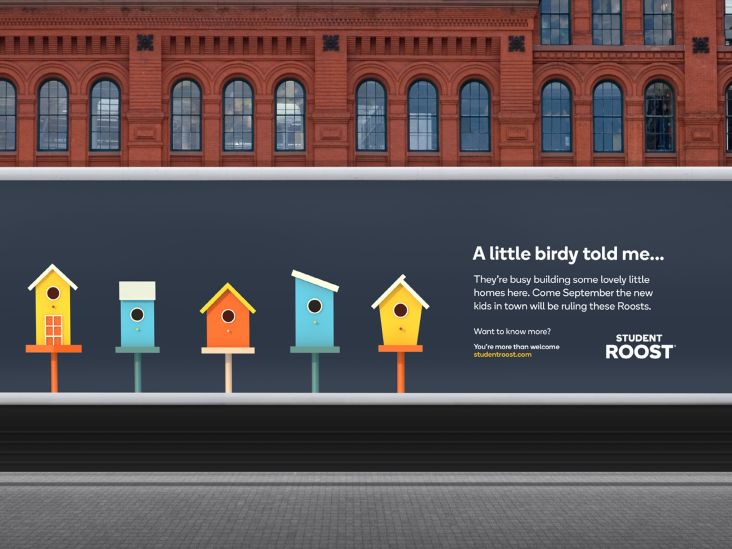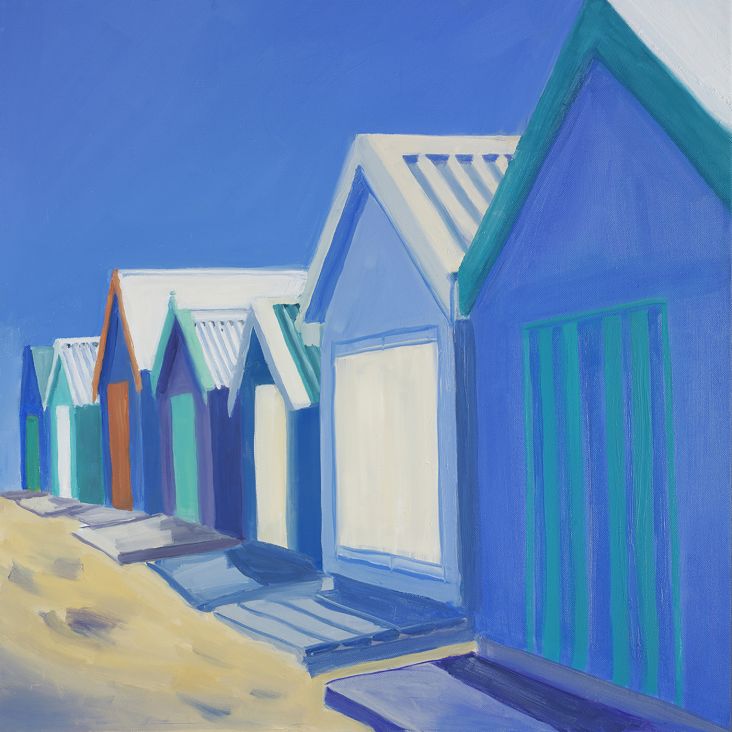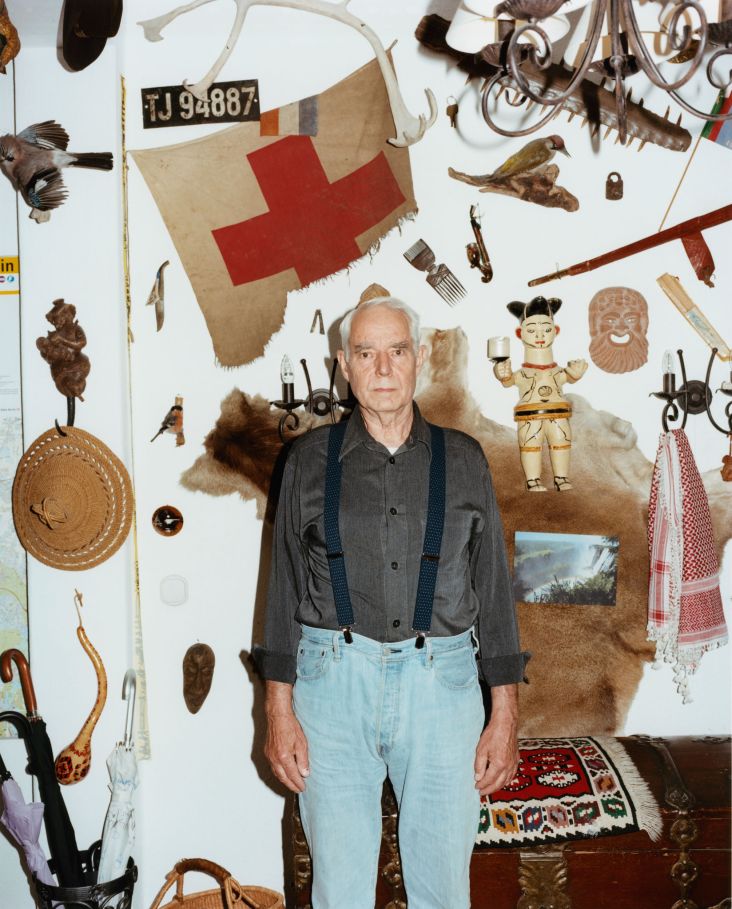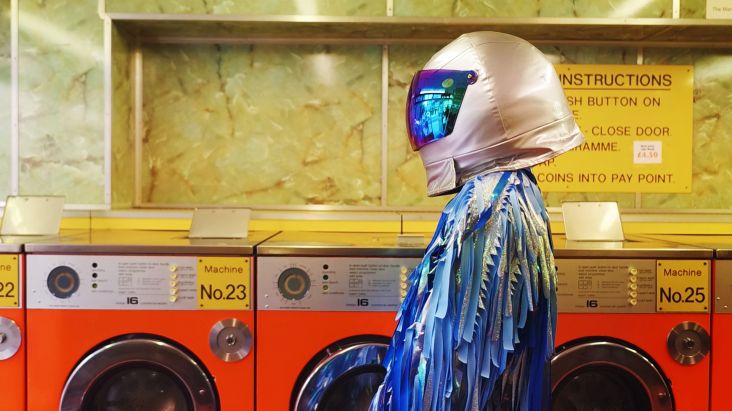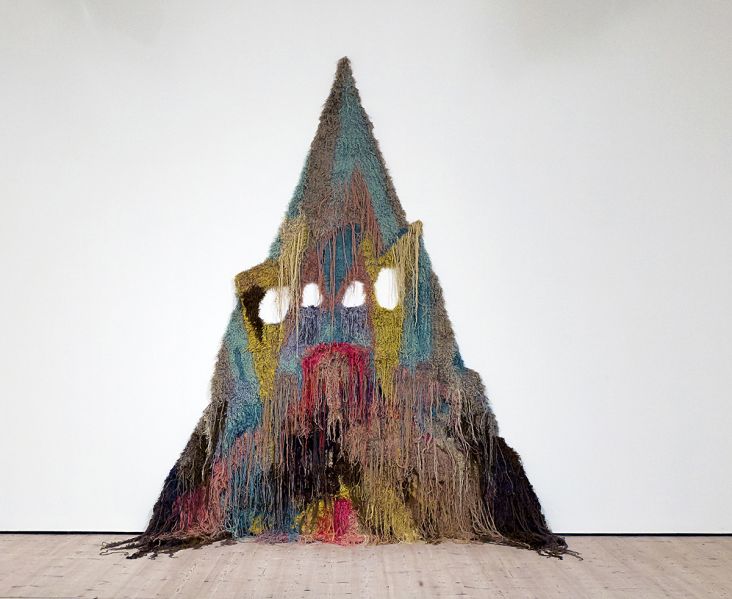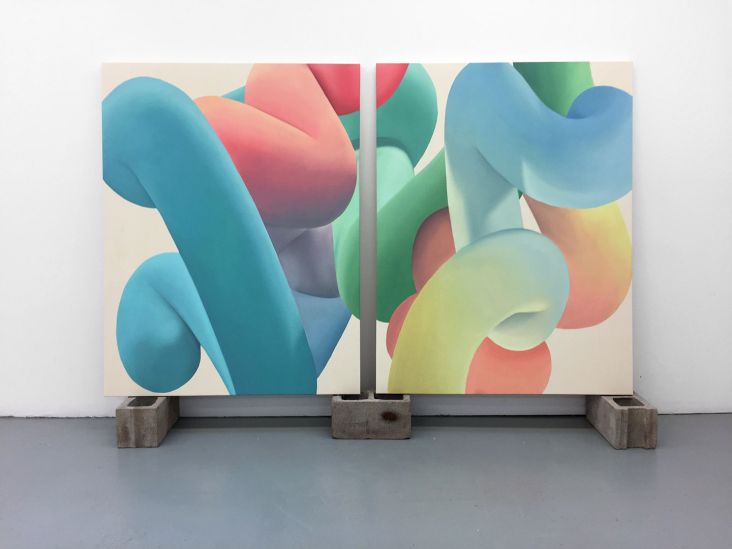Insights into how Winnie The Pooh was made and illustrated
Bump, bump, bump… what’s the sound? Ah, just the ever lovable Winnie the Pooh bouncing back into our lives thanks to a superb new V&A exhibition celebrating the iconic little bear and his chums, Piglet, Tigger, Eeyore and the rest, as well as of course, Christopher Robin.
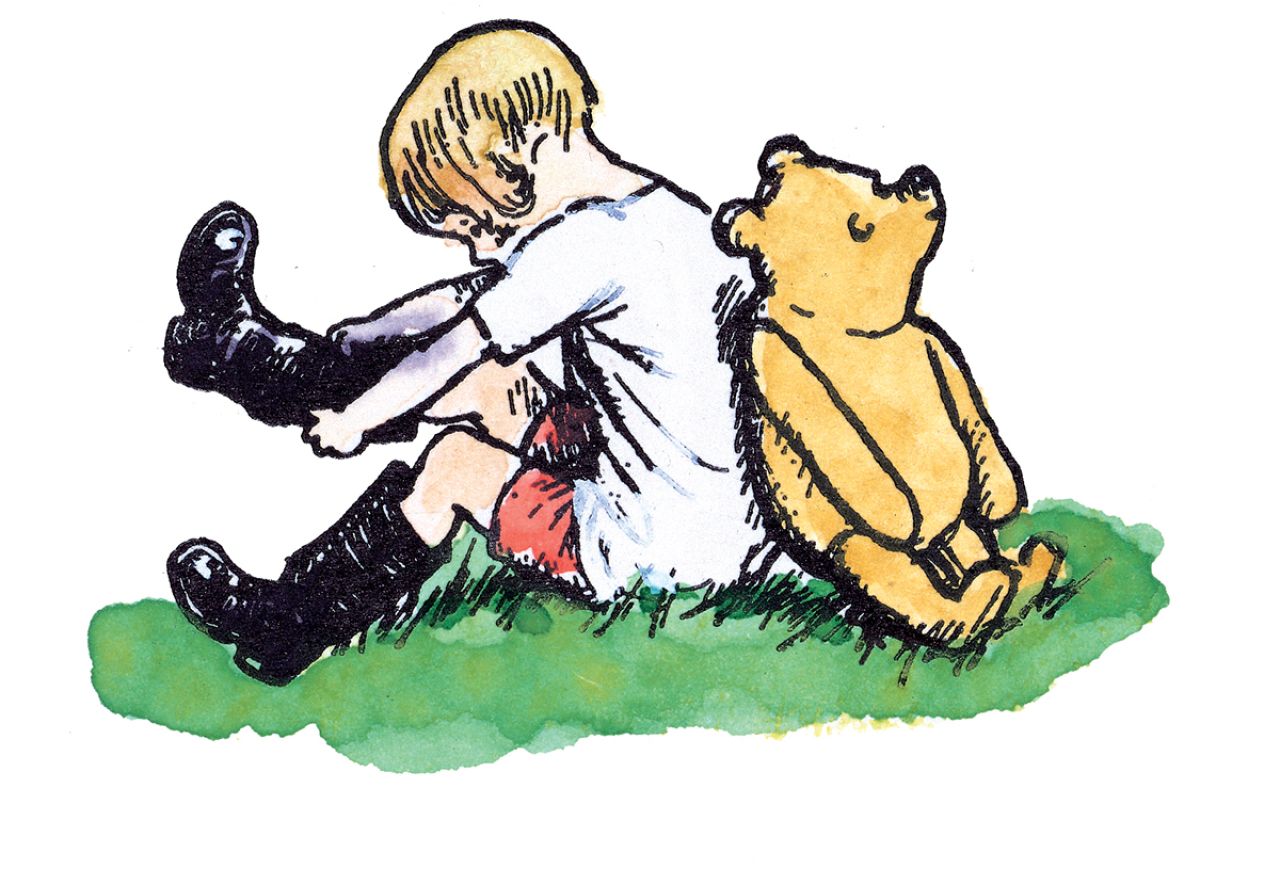
Line block print, hand coloured by E.H. Shepard, 1970 (c) Egmont, reproduced with permission from the Shepard Trust
The show, titled Winnie-the-Pooh: Exploring a Classic, opens the pages of AA Milne’s stories once more, shining a much-deserved light on the intricate, whimsical and beautifully emotive illustrations of EH Shepard that brought them to life.
It’s the UK’s largest ever Pooh exhibition; and for the first time in the museum’s history aims to appeal to much younger guests through thoroughly interactive, creativity-inducing exhibition design courtesy of RFK Architects and Tom Piper (the theatre designer behind the Tower of London’s poppies artwork, Wave and Weeping Willow), complemented by thoughtful graphics by studio HB.
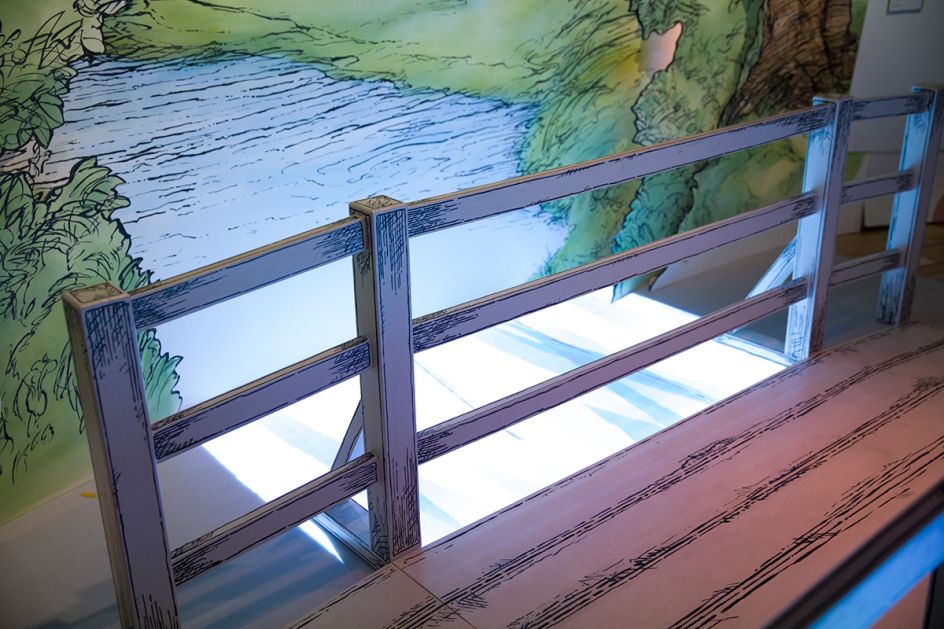
Winnie the-Pooh Exploring a Classic (c) Victoria and Albert-Museum, London
So instead of hushed museum spaces or white gallery walls, visitors experience a multi-sensory journey into this sublime imaginary world; through Christopher Robin’s bedroom, to the Hundred Aker Wood and beyond.
There’s a digital version of Poohsticks Bridge, talking trees, balloons, text-based mobiles, a large umbrella you can sit in and hear stories through; as well as so many other physical interventions that harmonies with the exhibits themselves to create a sense of delight and wonder whether you’re two or 102 years old.
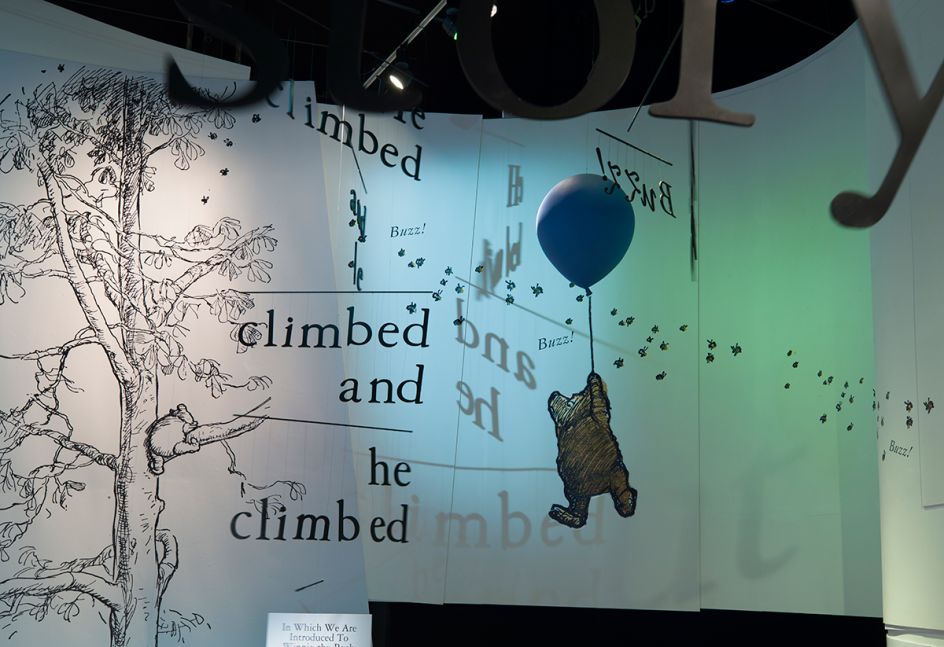
Winnie the-Pooh Exploring a Classic (c) Victoria and Albert-Museum, London
According to the V&A, the show aims to “reveal the real people, relationships and inspirations behind the charismatic bear… and a world representing friendship, simple joys and the curious yet gentle nature of a child’s imagination."
For us, the highlight was in seeing Shepard’s original drawings, and get an insight into the way he worked and how he collaborated with Milne to tell his stories. Shepard based his illusions on observation, carrying sketchbooks with him wherever he went and constantly capturing scenery, people and of course various critters down on the page. For the Winnie the Pooh stories, Shepard went “on location” into the woods to ensure he accurately captured a decent “climbing tree” or clump of Scots pines. The V&A explains that most of Shepard’s Winnie the Pooh planning drawings were in such sketchbooks, which had perforated pages. He would then tear out the drawings he needed to trace onto another surface.
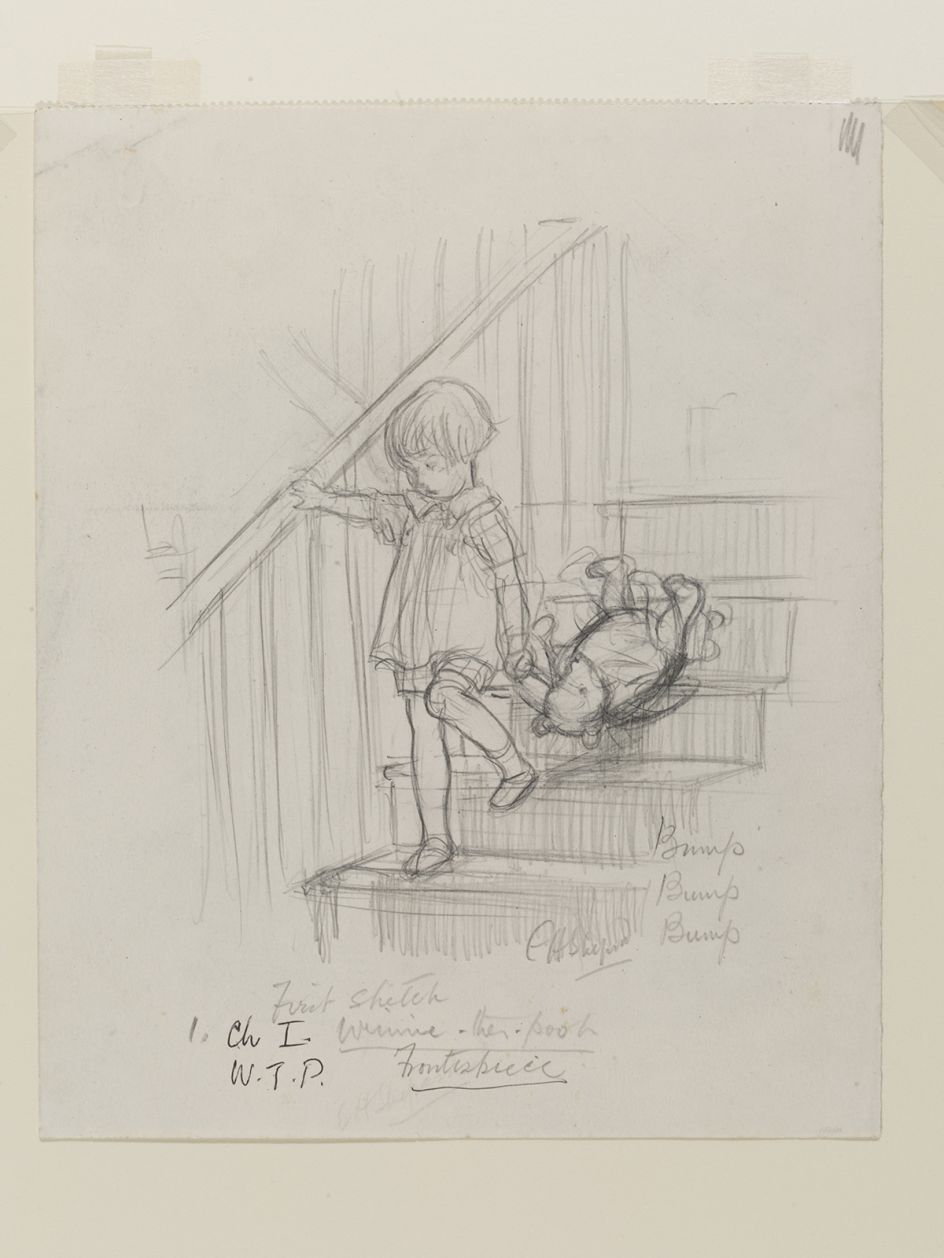
'Bump, bump, bump', Winnie-the-Pooh chapter 1, pencil drawing by E. H. Shephard, 1926. © The Shepard Trust, reproduced with permission from Curtis Brown
Shepard already had an established career by the time he started working on Milne’s stories in the mid-1920s. His preferred medium was pen and ink, and he mostly worked in black and white, creating illustrations for magazines like Punch. It was at that publication that Shepard was invited to illustrate stories by Milne, who was also a Punch contributor. “His style - in particular, his economy of line, lively detail, and sense of movement - was well suited to the text,” says the V&A.
Alongside original sketches, drawings and manuscripts, the exhibition also showcases artefacts like a Christopher Robin nursery set that was presented to Princess Elizabeth in 1928 and lent to the show by the Queen, as well as photographs, cartoons, ceramics and fashion items. There are also video and audio clips, including a 1929 recording of Milne himself reading Winnie-the-Pooh.
Winnie-the-Pooh: Exploring a Classic runs from 9 December 2017 until 8 April 2018 at the V&A, London.

Christopher Robin ceramic tea-set presented to Princess Elizabeth, hand-painted, Ashtead Pottery, 1928 Photograph: Royal Collection Trust/© Her Majesty Queen Elizabeth II 2017
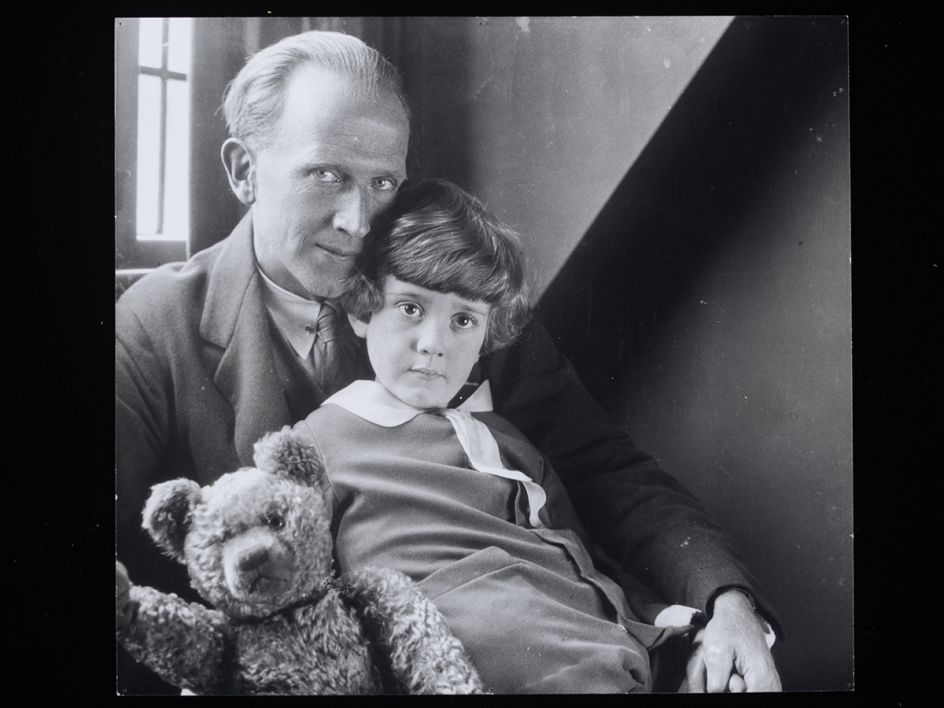
A.A. Milne, Christopher Robin Milne and Pooh Bear, by Howard Coster, 1926 © National Portrait Gallery
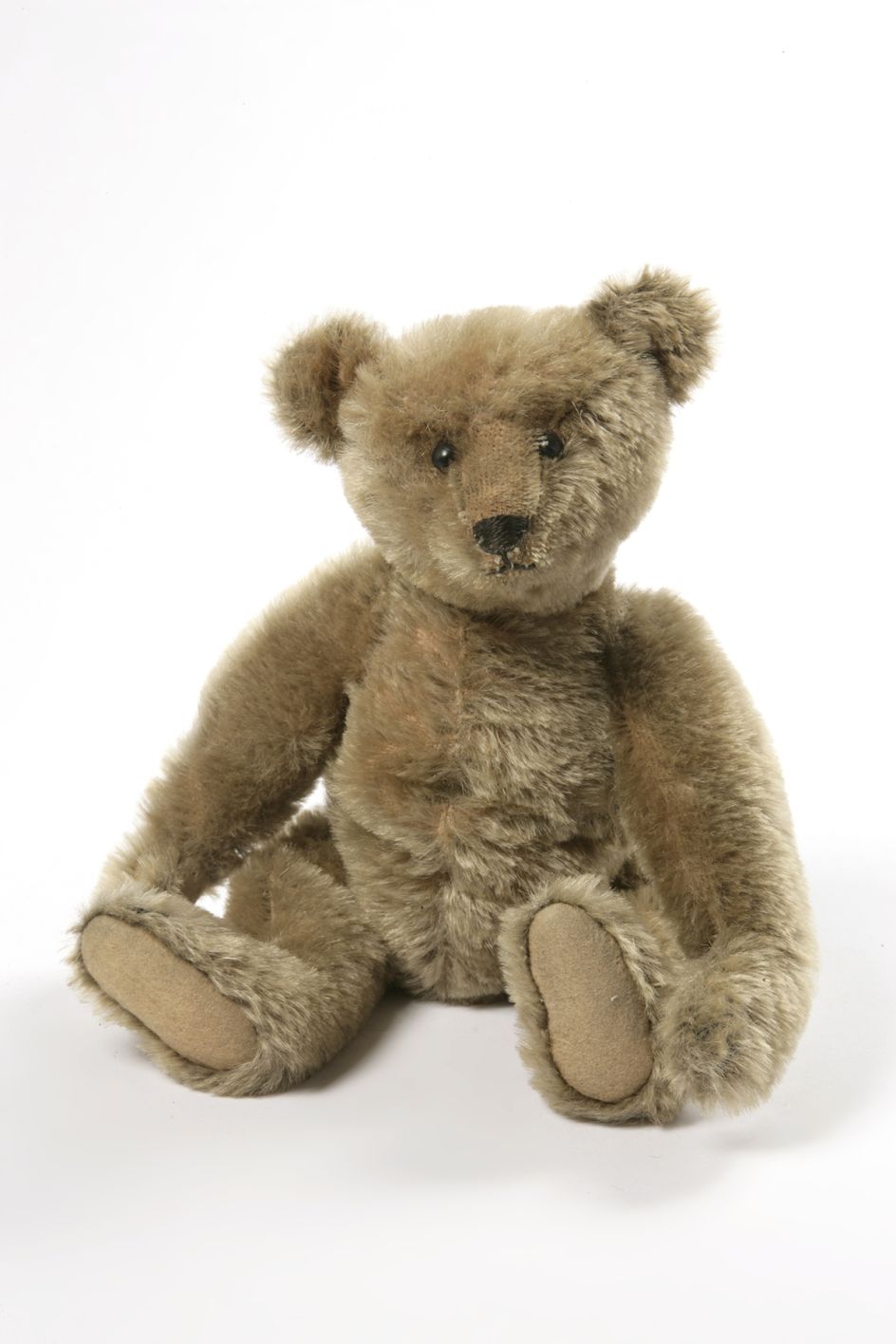
Teddy Bear manufactured by Margarete Steiff ca. 1906-1910. Stuffed and sewn mohair plush. Bequeathed by Miss Z. N. Ziegler. (c) Victoria and Albert Museum, London
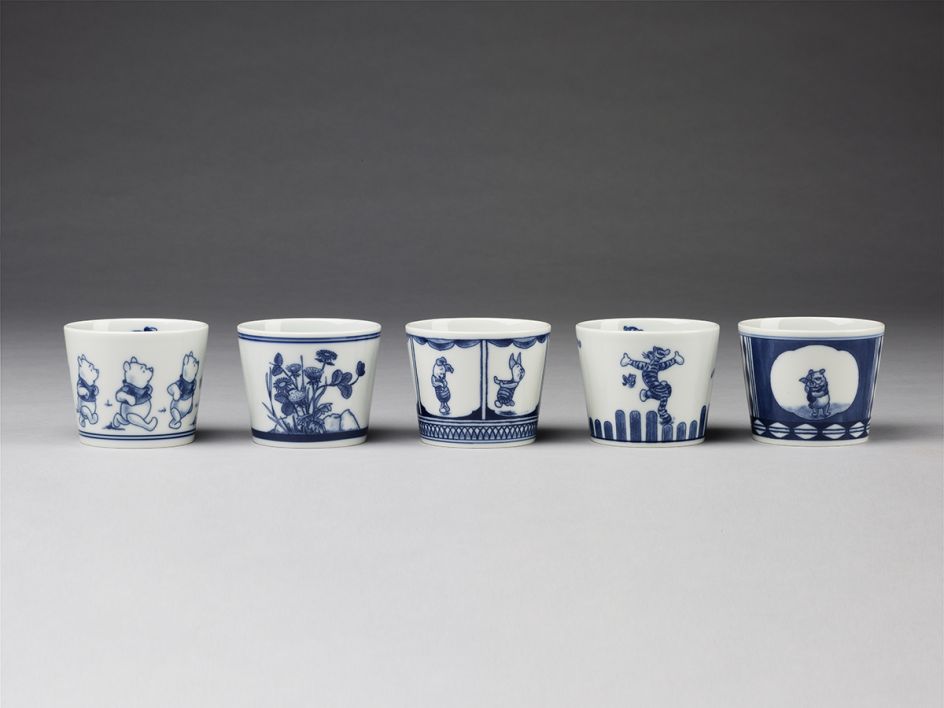
Winnie the Pooh saki cups, blue & white porcelain, made by Hasami for the Walt Disney Corporation, c. 2014 (c) Victoria and Albert Museum, London
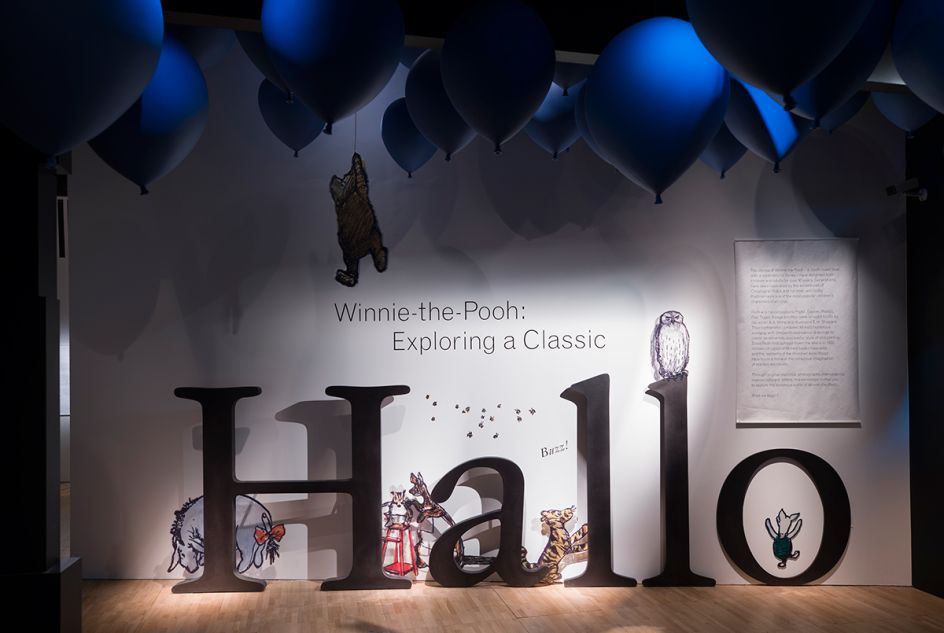
Winnie the-Pooh Exploring a Classic (c) Victoria and Albert-Museum, London
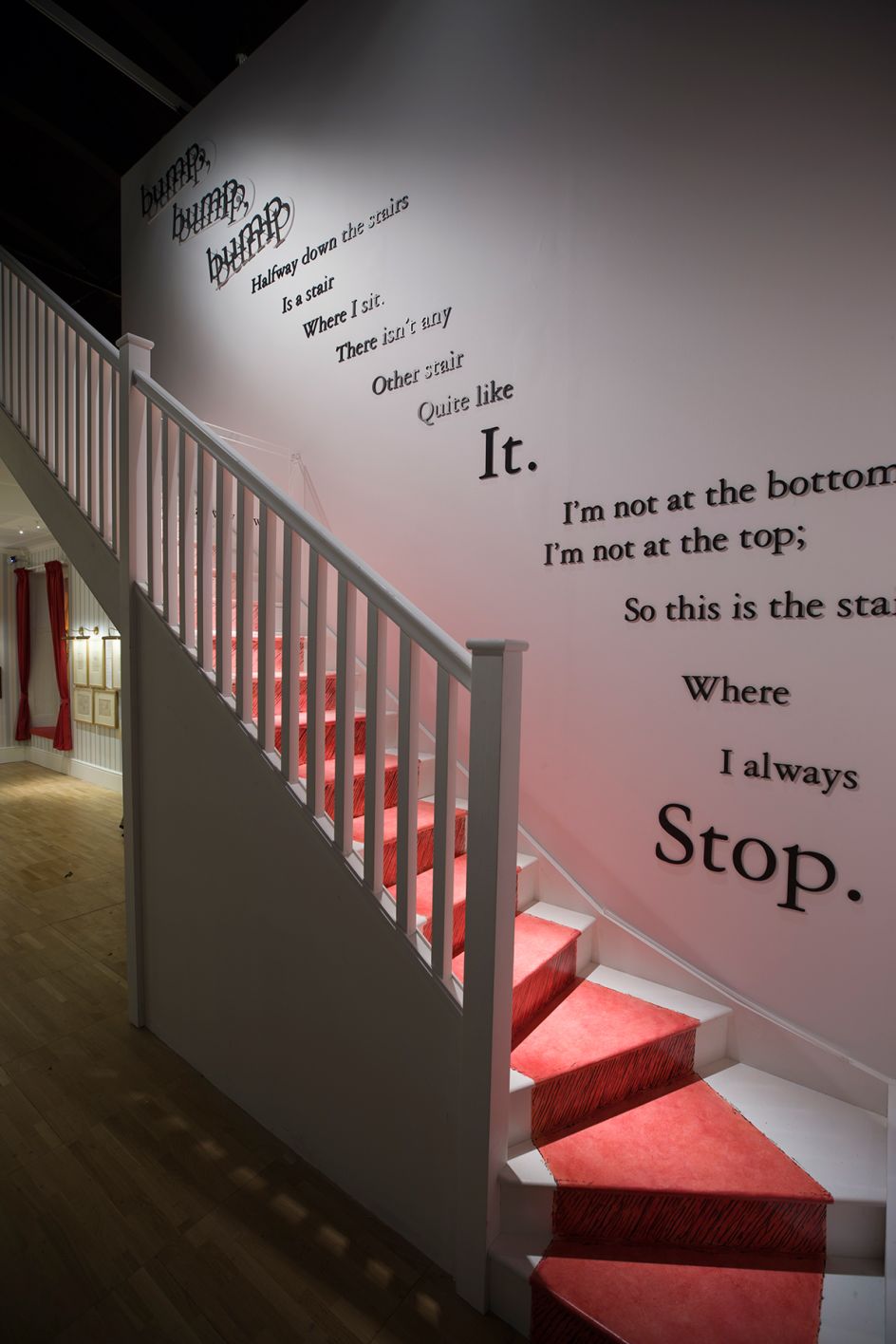
Winnie the-Pooh Exploring a Classic (c) Victoria and Albert-Museum, London
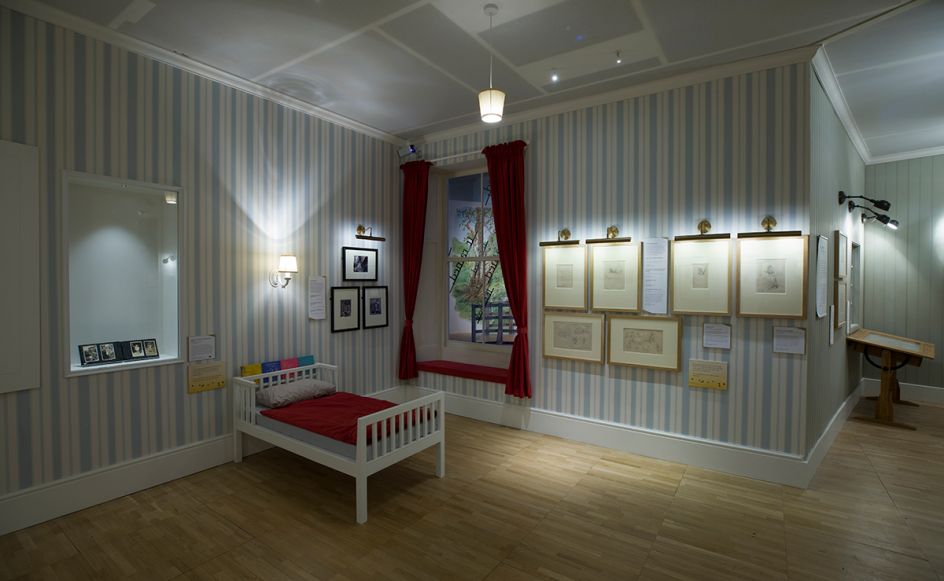
Winnie the-Pooh Exploring a Classic (c) Victoria and Albert-Museum, London
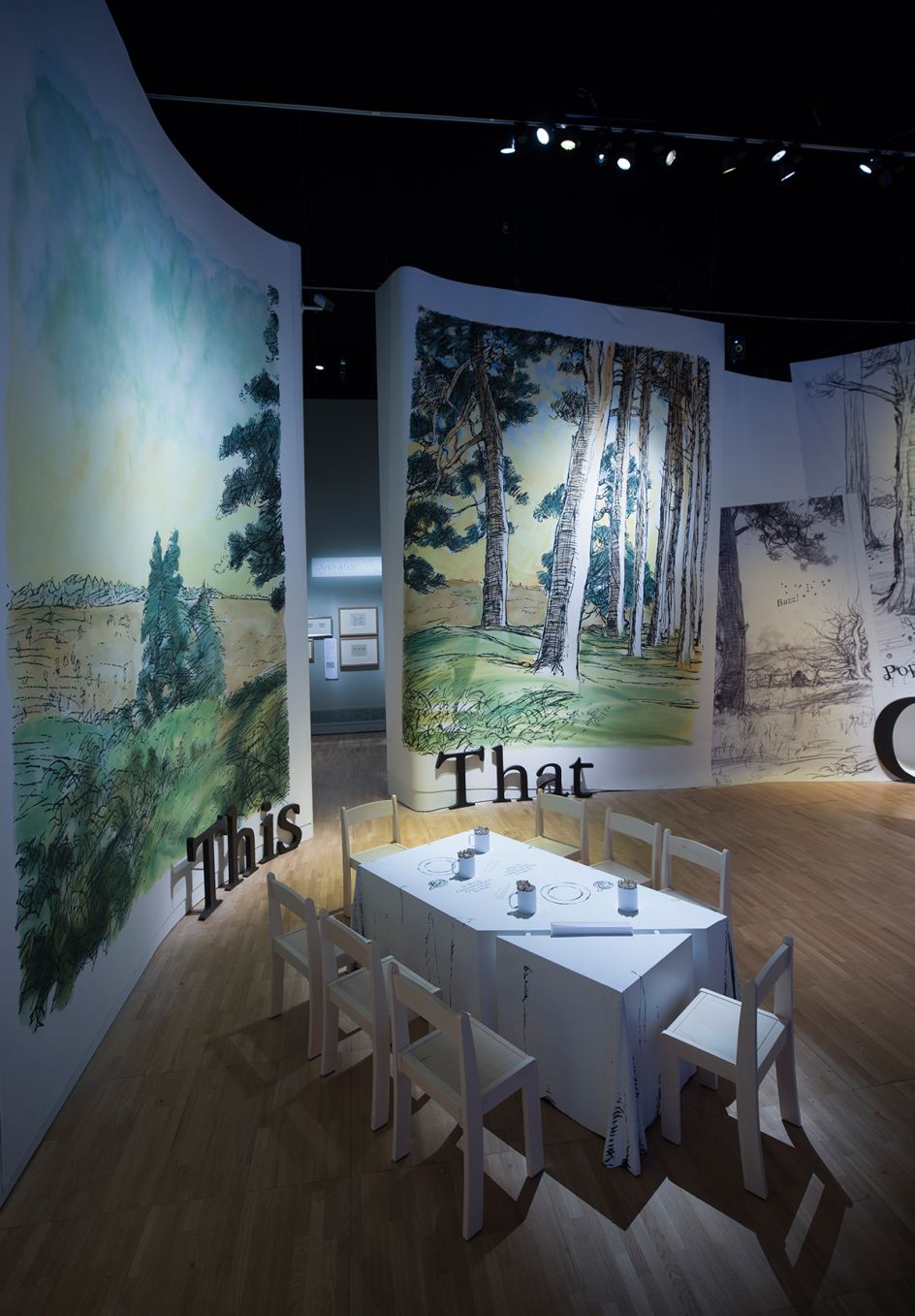
Winnie the-Pooh Exploring a Classic (c) Victoria and Albert-Museum, London
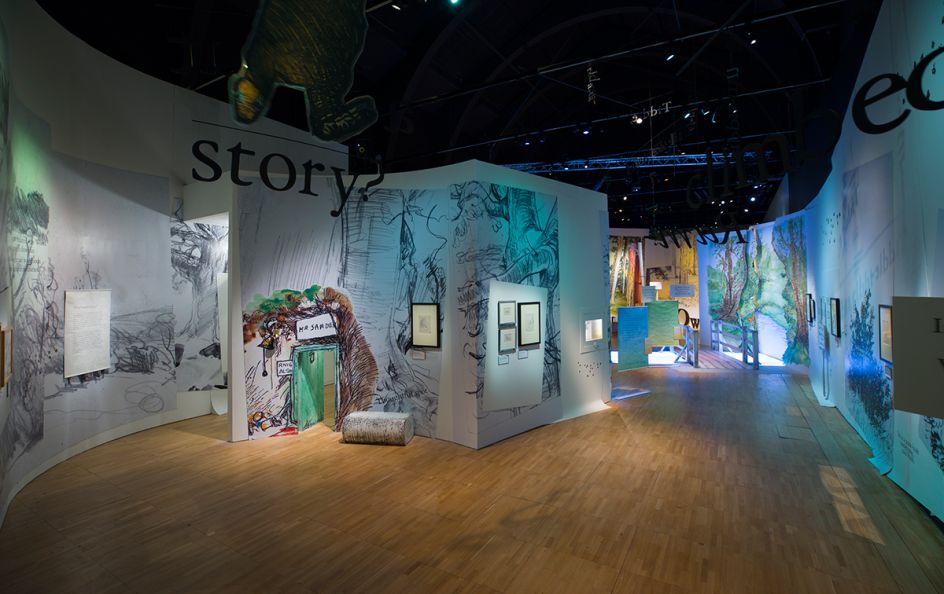
Winnie the-Pooh Exploring a Classic (c) Victoria and Albert-Museum, London
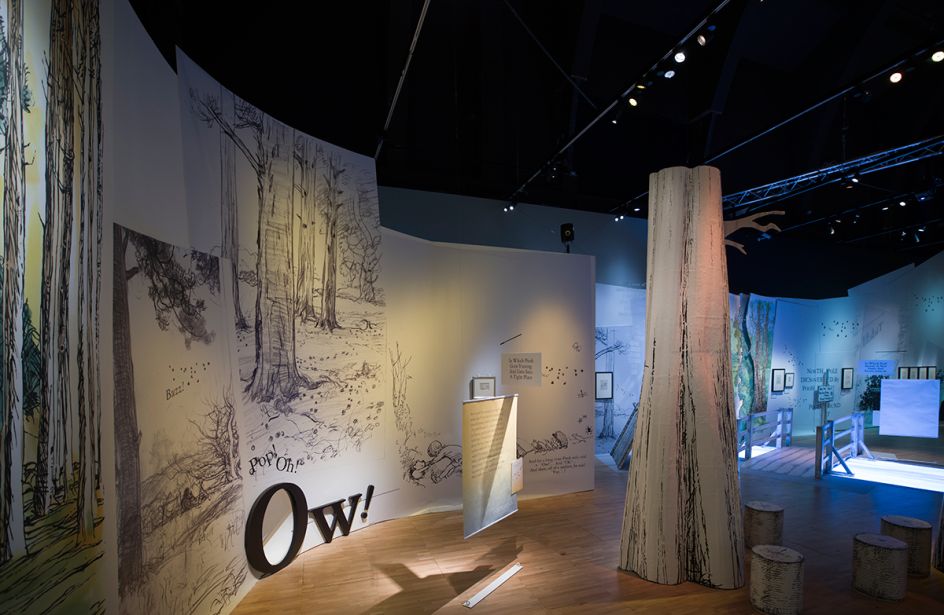
Winnie the-Pooh Exploring a Classic (c) Victoria and Albert-Museum, London
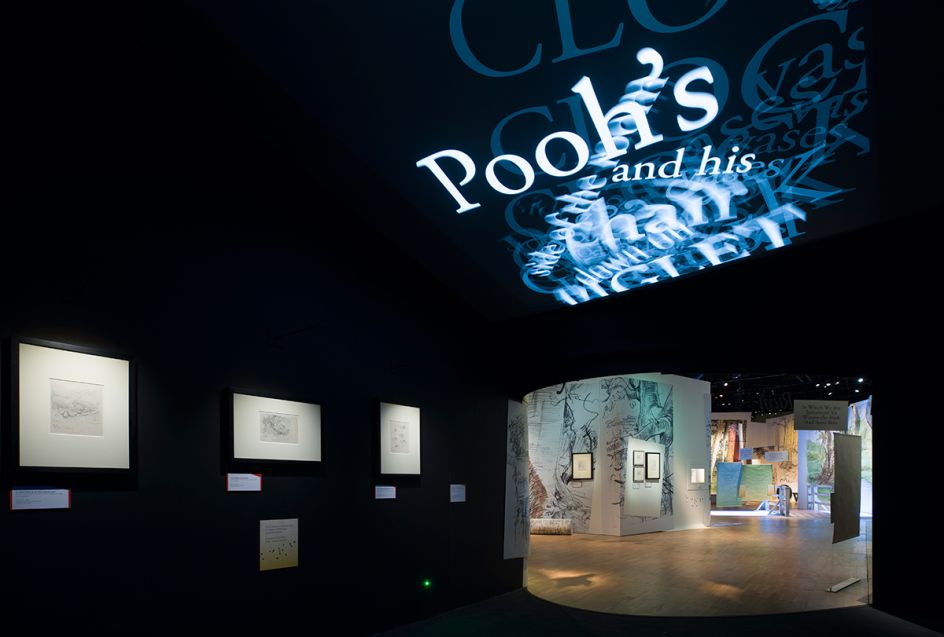
Winnie the-Pooh Exploring a Classic (c) Victoria and Albert-Museum, London
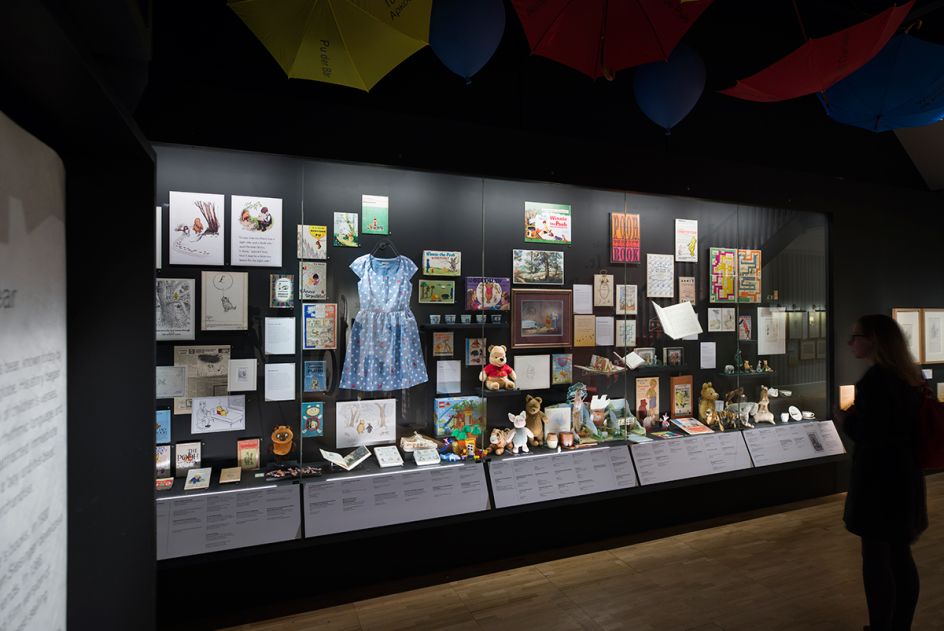
Winnie the-Pooh Exploring a Classic (c) Victoria and Albert-Museum, London
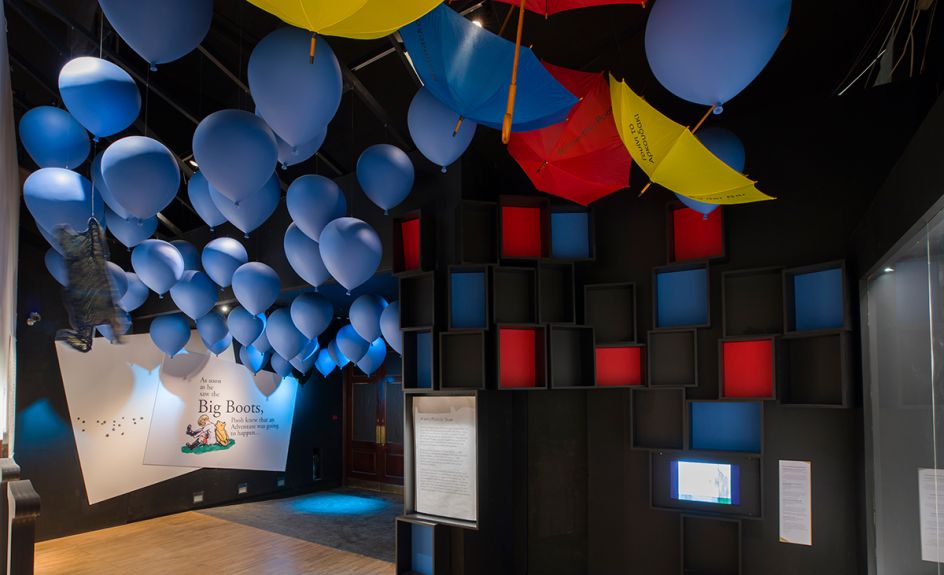
Winnie the-Pooh Exploring a Classic (c) Victoria and Albert-Museum, London
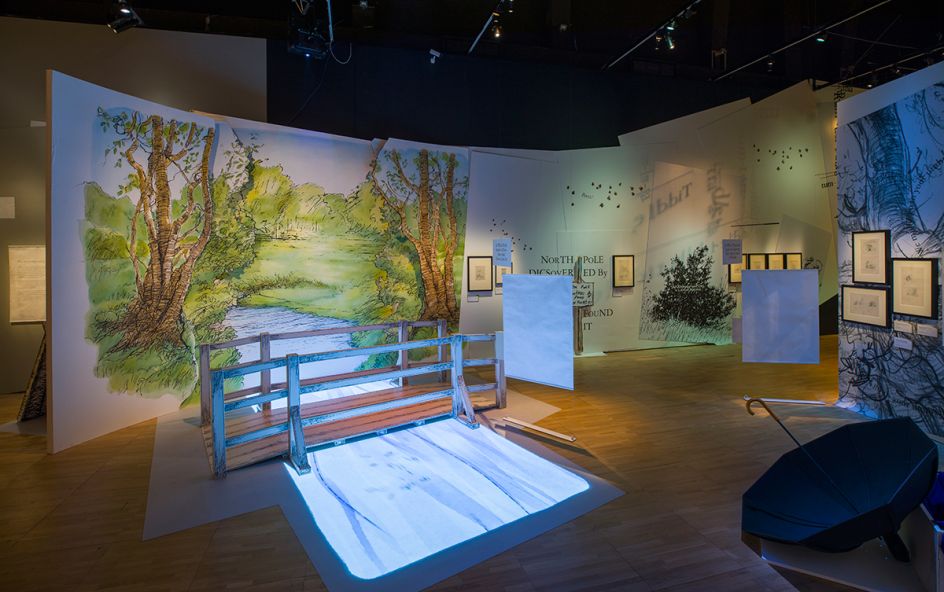
Winnie the-Pooh Exploring a Classic (c) Victoria and Albert-Museum, London
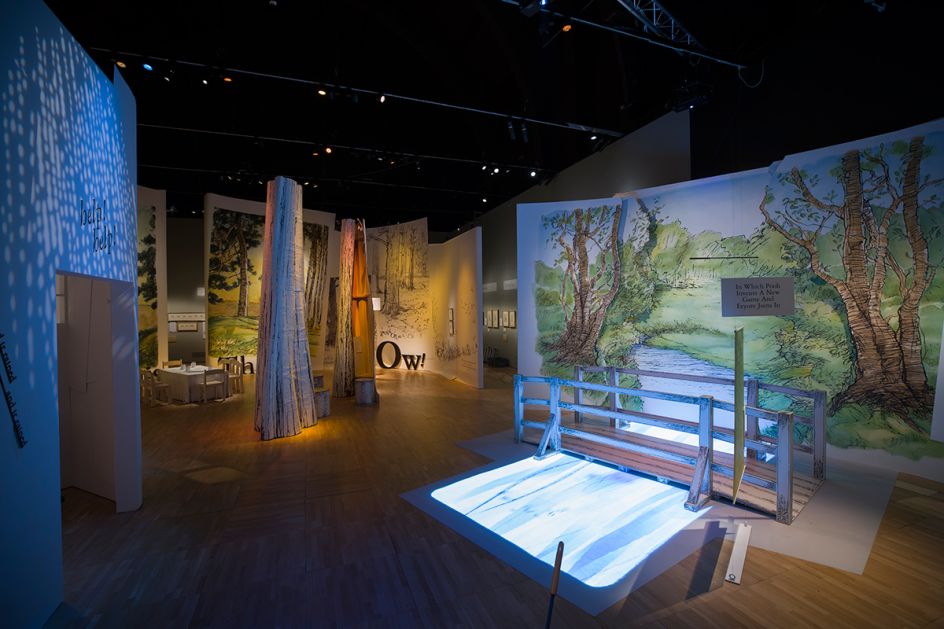
Winnie the-Pooh Exploring a Classic (c) Victoria and Albert-Museum, London
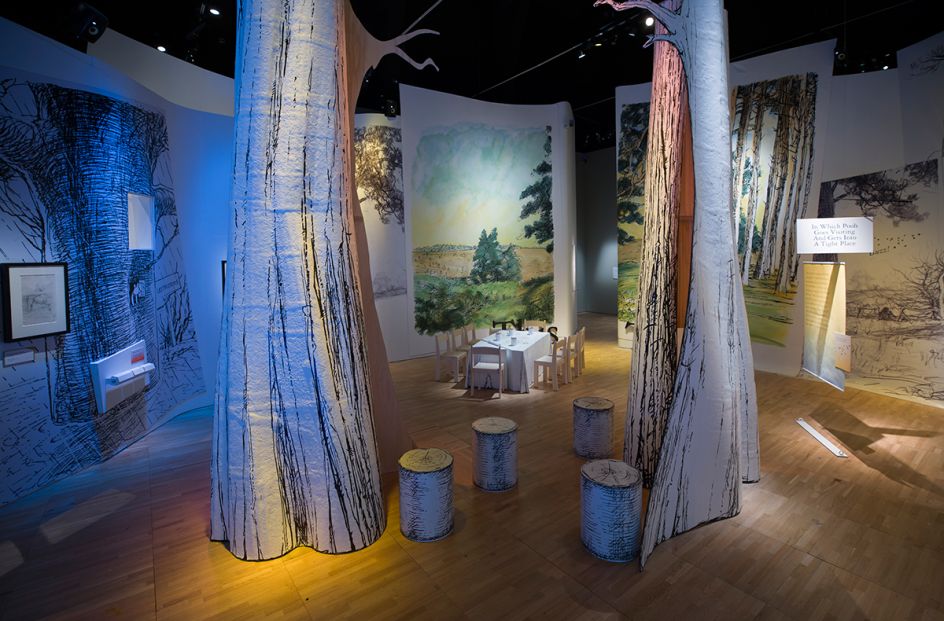
Winnie the-Pooh Exploring a Classic (c) Victoria and Albert-Museum, London
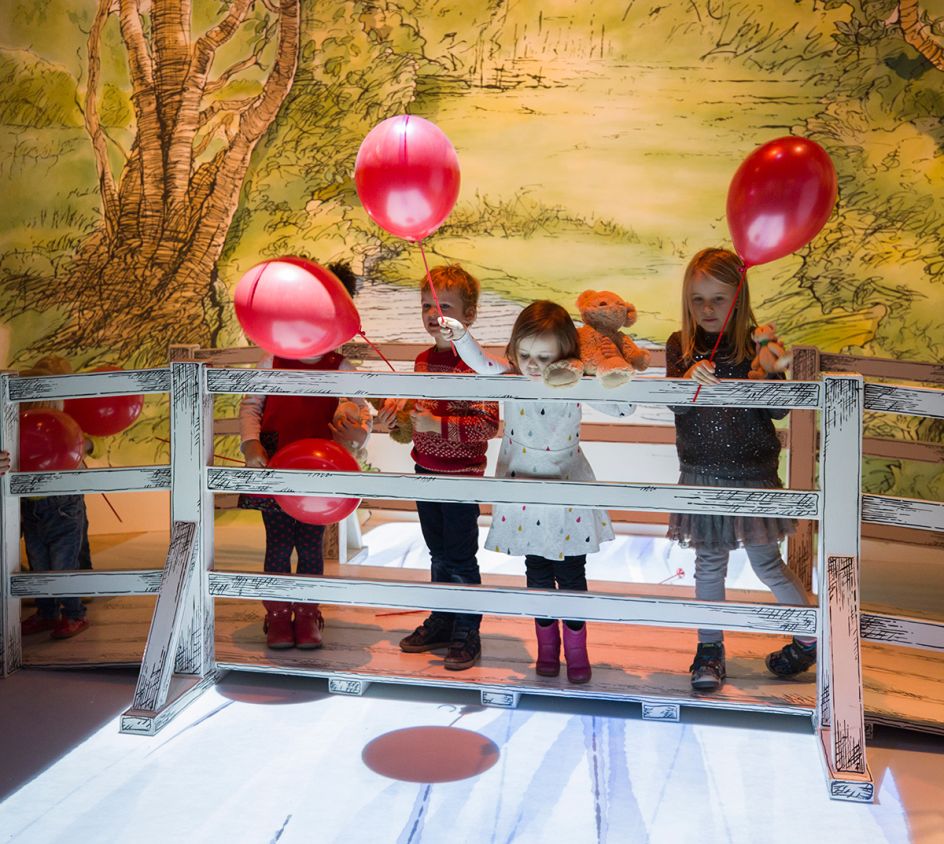
Winnie the-Pooh Exploring a Classic (c) Victoria and Albert-Museum, London




 by Tüpokompanii](https://www.creativeboom.com/upload/articles/58/58684538770fb5b428dc1882f7a732f153500153_732.jpg)











